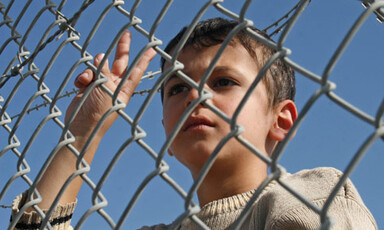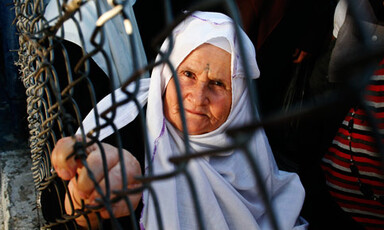
Jewish "refugee" lobby seeks to eclipse Palestinian losses
3 December 2008
A broad coalition of Jewish lobby groups has made a series of breakthroughs this year in its campaign to link the question of justice for millions of Palestinian refugees with justice for Jews who left Arab states in the wake of Israel’s establishment 60 years ago. Referring to these Jews as the “forgotten refugees” and claiming that their plight is worse than that of exiled Palestinians, the campaign has scored political successes in recent months in Washington, London and Brussels. Jonathan Cook reports. Read more about Jewish "refugee" lobby seeks to eclipse Palestinian losses








